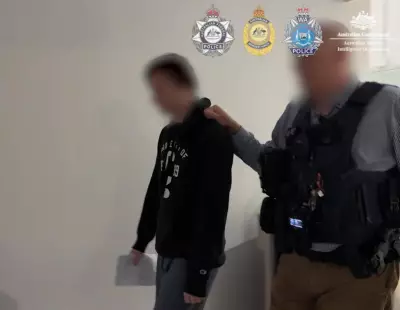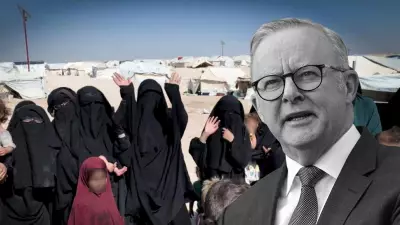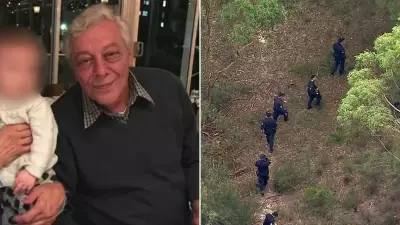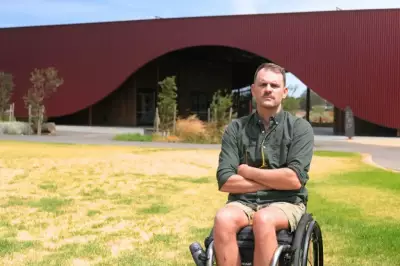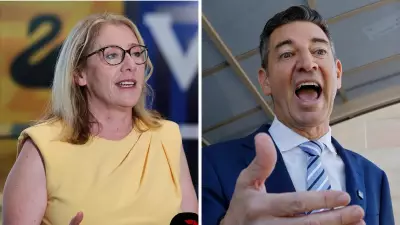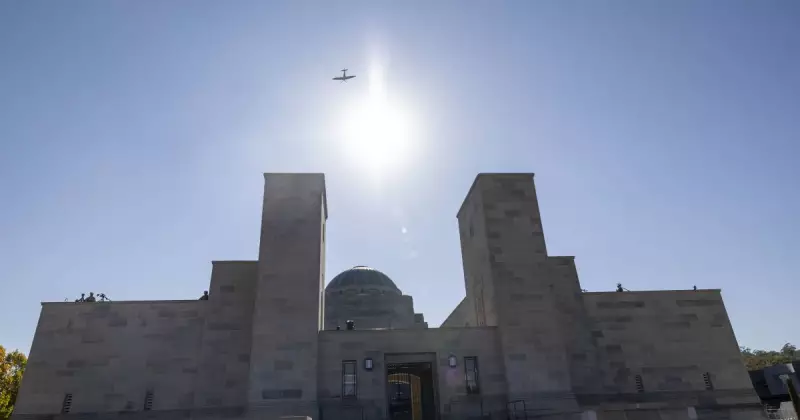
A significant shake-up in the governing council of the Australian War Memorial has made the prominent recognition of frontier wars substantially more likely, following the replacement of two key opponents to the proposal.
New Council Appointments Signal Change
The federal government announced new council members over the weekend, replacing former prime minister Tony Abbott and former RSL president Major-General Greg Melick. Both had been staunch opponents of devoting substantial space in the expanded memorial to conflicts between British colonial forces and Indigenous resisters.
The new members have kept their specific views private, but indications suggest they may be more open to including frontier conflict displays than their predecessors. One replacement, Lesley Alway, brings experience as an arts administrator who chaired the Geelong Arts Centre Trust since 2018.
During her tenure, Alway expressed pride in working with Wadawurrung Traditional Owners to incorporate Indigenous stories and artworks that "bring Country into the new Centre in a meaningful way." This background suggests she may be more receptive to similar approaches at the war memorial than either Abbott or Melick.
Departing Members' Opposition to Frontier Wars Display
The outgoing members had been vocal in their resistance to expanding the memorial's scope beyond conventional military conflicts. While Tony Abbott acknowledged in promotions for his new book that "frontier life was brutal and dangerous, and that Aboriginal people suffered grievously," he maintained that the benefits of British arrival were undeniable.
Major-General Melick had been more direct in his opposition, telling The Canberra Times that the memorial wasn't the appropriate place to mark frontier conflicts. He argued displays should be confined to those who fought "in Australian uniforms" and warned that "a major feature on frontier wars will piss off the majority of Australia's 600,000 veterans."
New Appointments and Future Direction
Melick has been replaced by Peter Tinley, who served 17 years with the Special Air Service Regiment and later spent 15 years as a Western Australian Labor MP. Tinley is considered an ally of council chairman Kim Beazley, the former Labor defence minister who retains his position despite speculation he might depart.
Beazley, who turns 77 in December, stays on potentially to oversee the final stages of the $550 million development of the memorial and how it addresses frontier conflicts. In 2023, he told The Canberra Times: "We do have to have a proper recognition of the frontier conflict." He indicated that revised displays would be ready when additions are completed by 2028.
The third new council member is Wade Stothart, a retired army officer who recently became director of the Office of Australian War Graves. He replaces Victoria Cross holder Daniel Keighran. Veterans' Affairs Minister Matt Keogh said he hoped the appointment would "enhance collaboration" between the memorial and war graves office.
In 2022, Minister Keogh stated the memorial would increase frontier conflict displays as part of its expansion, noting that recognizing these conflicts was a responsibility for all Australian cultural institutions. However, questions remain about how prominently these displays will feature in the revamped memorial.
Some suggest frontier wars might be included alongside other pre-1914 conflicts like the Sudan campaign of 1885 and the Boer War, rather than receiving dedicated prominent space. Greg Melick himself had previously accepted there should be some display of frontier wars within an expanded gallery covering pre-Federation conflicts.
The council changes represent a significant shift in the balance of opinions governing Australia's foremost institution of military commemoration, with potentially historic implications for how the nation remembers its earliest conflicts.


